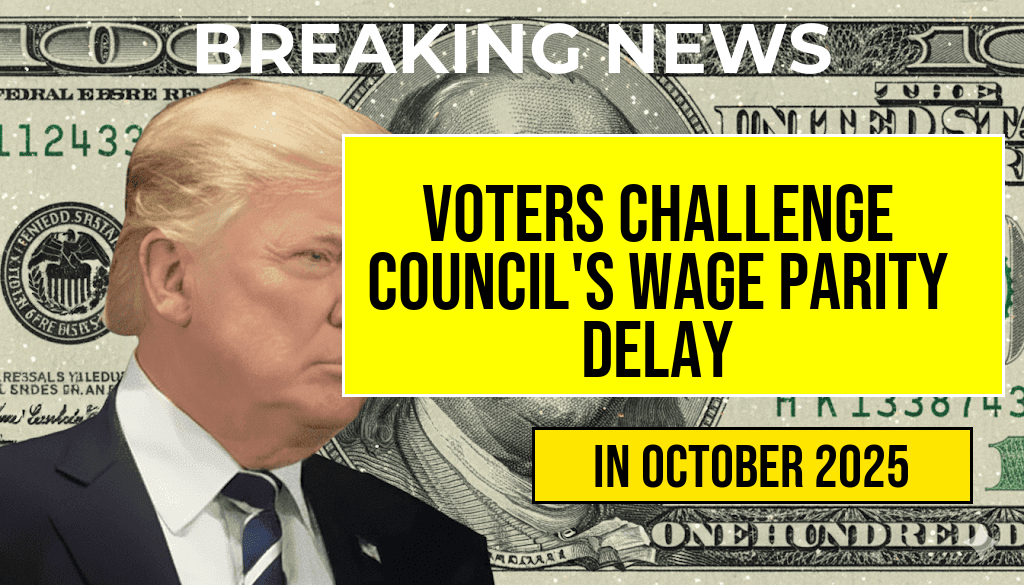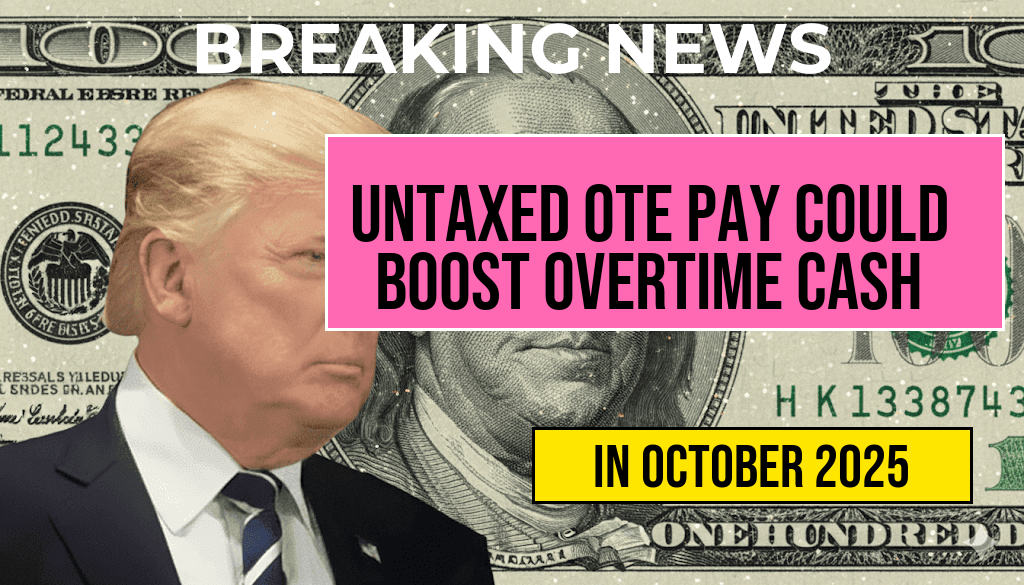A federal judge in Washington, D.C., has issued a temporary injunction preventing the city from implementing a proposed $40 million cut to its Homeland Security funding. This ruling comes amid growing concerns about public safety and the city’s preparedness for potential security threats. The decision by Judge John D. Bates allows D.C. to retain these critical funds at least until a full hearing can be conducted, which is expected to take place in the coming months. The funding cut, initially part of broader budget constraints, was met with fierce opposition from city officials and safety advocates, who argued that losing these resources would jeopardize vital services. As a result of this ruling, D.C. officials can continue their security operations without immediate disruption, providing a temporary reprieve for public safety initiatives.
Background on the Funding Cuts
The proposed $40 million cut to D.C.’s Homeland Security budget was part of a larger plan aimed at addressing a significant fiscal shortfall. The city’s administration had argued that cuts were necessary to balance the budget amid rising costs and reduced revenues. However, the decision to slash funding for security initiatives sparked outrage among local leaders and residents who felt that safety should be a top priority.
Opposition to the Funding Reductions
City officials, including Mayor Muriel Bowser, expressed strong disapproval of the proposed cuts. They emphasized the importance of maintaining robust security measures in light of increasing threats. Advocates for public safety pointed out that the funding is essential for various programs, including emergency response training, cybersecurity initiatives, and community outreach efforts.
- Emergency response training for first responders
- Cybersecurity initiatives to protect critical infrastructure
- Community outreach programs to bolster public awareness and preparedness
“Cutting these funds would not only undermine our safety but also send the wrong message to those who intend to harm our community,” said Mayor Bowser in a recent press conference. “We need to invest in our security, not cut it.”
Legal Proceedings and Implications
The legal challenge against the funding cuts was brought forth by several advocacy groups and city leaders who argued that the cuts violated the city’s commitment to ensuring public safety. They contended that the decision was made without adequate consideration of the risks involved. Judge Bates’ ruling to block the cuts temporarily underscores the significance of judicial oversight in budgetary decisions that could impact public safety.
Future Outlook
As the case moves forward, both sides are preparing for a comprehensive hearing where they will present their arguments. The outcome of this legal battle could have wide-ranging implications for budgetary practices in D.C. and potentially set a precedent for how cities manage funding for essential services amid financial constraints.
Community Reactions and Stakeholder Responses
Reactions to the judge’s ruling have been mixed, with many community leaders expressing relief at the temporary reprieve. “This is a victory for the residents of D.C. who deserve to feel safe in their neighborhoods,” stated Anna Johnson, a local safety advocate. Conversely, some city officials who support budget cuts argue that the city must find innovative ways to manage resources without relying on federal funding.
Potential Long-Term Solutions
Looking ahead, city leaders are exploring various strategies to address budgetary challenges while maintaining essential services. These include:
- Enhancing collaboration with federal agencies to secure additional funding
- Implementing cost-saving measures in other areas of the budget
- Engaging the community in discussions on prioritizing safety funding
These discussions will be crucial as the city navigates its financial landscape while ensuring the safety of its residents.
Conclusion
The temporary injunction blocking the $40 million cut to D.C.’s Homeland Security funds is a significant development that highlights the ongoing tension between budgetary constraints and public safety needs. As stakeholders prepare for a full hearing, the focus will remain on finding a sustainable path forward that prioritizes the security and well-being of the community.
For more information about the implications of this ruling and ongoing safety initiatives in Washington, D.C., visit Forbes and Wikipedia.
Frequently Asked Questions
What was the reason for the $40 million cut in Homeland Security funds?
The proposed $40 million cut aimed to redirect essential Homeland Security funds to other areas of the city budget, which raised concerns about the impact on public safety and emergency services.
What does the judge’s temporary block mean for the funding?
The judge’s temporary block means that the District of Columbia will continue to receive the full amount of Homeland Security funding until a more permanent decision is made regarding the budget cuts.
How does this ruling affect public safety in DC?
This ruling helps maintain current levels of public safety funding, ensuring that essential services and programs related to Homeland Security can continue to operate without interruption for the time being.
Is this decision final?
No, this is a temporary ruling, and further court proceedings will determine whether the funding cut can be enforced or if the full amount will be retained permanently.
What are the next steps following this ruling?
The next steps involve court hearings that will address the legality of the proposed cuts and consider the implications for Homeland Security funding moving forward.








